Exploring the Baby Clothes Manufacturing Industry in China
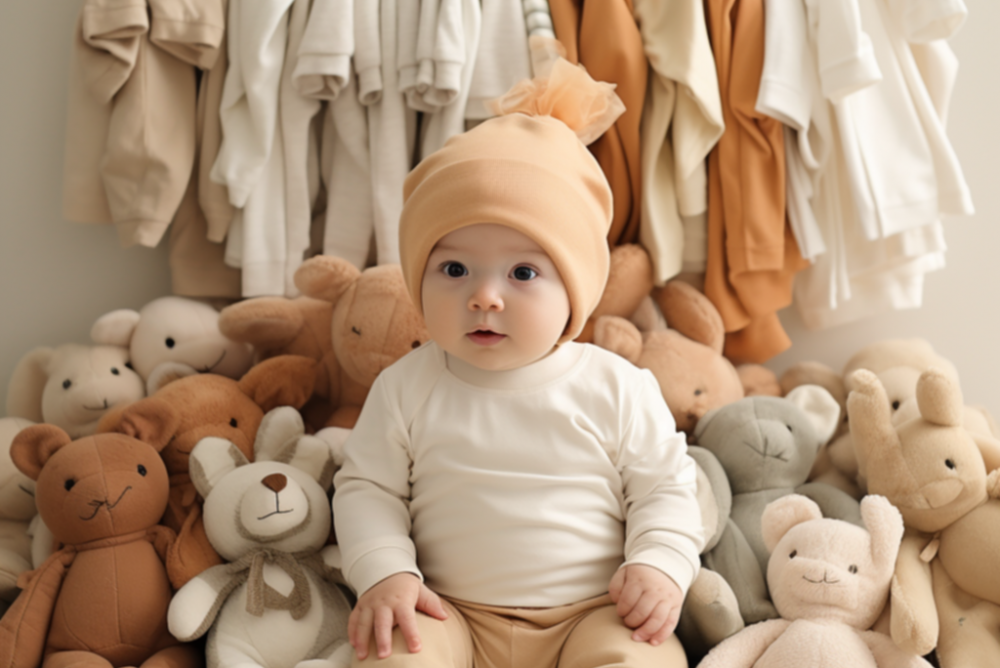
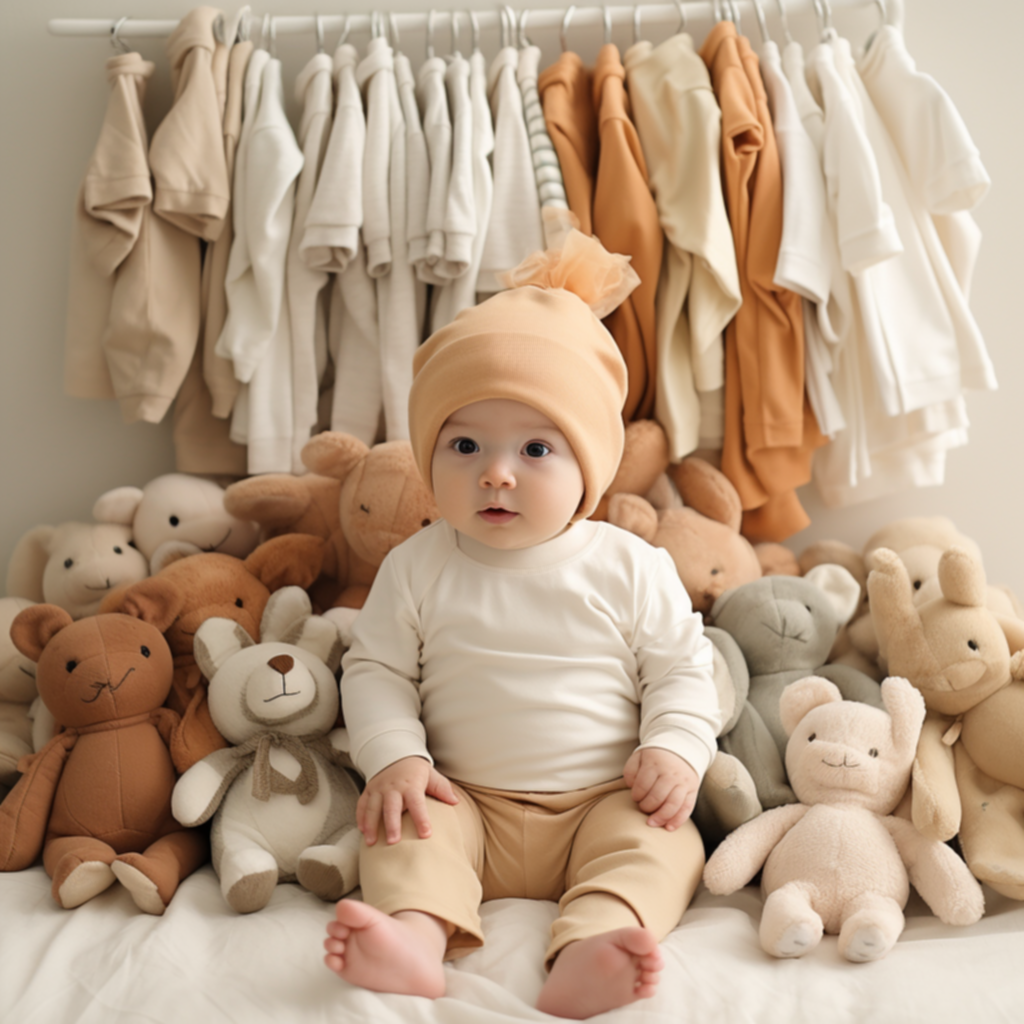
There's no joy comparable to welcoming a little one into the world. As parents, we always want what's best for our children, and the hunt for quality, affordable, and stylish baby clothes starts right from the moment we hear the good news.
In recent years, China has emerged as the front-runner in manufacturing baby clothes. While the country has long been renowned for its dominance in various industries, it's their stellar rise in the textile sector that's been grabbing eyeballs worldwide. This article is your comprehensive guide to the top 8 baby clothes manufacturers in China. But why China, you ask? Well, the next chapter will make that clear.
Here, we shall explore in-depth why these manufacturers have gained such an enviable reputation, their commitment to quality, the range they offer, and much more. So whether you're a parent looking for the best for your child, a business wanting to stock up on the most fashionable baby clothes, or an entrepreneur planning to launch your own baby clothing line, this guide has got you covered.
Why China?
In the textile world, China is a name that demands respect. Holding its own as the largest clothing exporter, it's no wonder that China is the first name that pops up when we talk about sourcing quality baby clothes. Here's why:
- Production Capabilities: China's manufacturing capabilities are simply unparalleled. With state-of-the-art machinery and technology, Chinese manufacturers can produce baby clothes in vast quantities and shorter lead times without compromising on quality.
- Cost-Effective: Manufacturing in China is cost-effective, which translates to lower wholesale prices. As a retailer or a parent, this means getting your hands on quality baby clothes without burning a hole in your pocket.
- Diverse Designs: Chinese manufacturers offer an impressive range of designs. Whether it's rompers, baby suits, or dresses, the diversity in design and style is truly astonishing.
- Skilled Workforce: The industry in China is backed by a skilled workforce with decades of experience in textiles. This expertise translates into meticulously crafted clothes that are not only fashionable but also safe and comfortable for babies.
- Quality Assurance: China is known for its stringent quality checks. Baby clothes undergo rigorous testing to ensure they adhere to international safety standards, providing an added level of reassurance.
Now that we understand why China stands out in the global baby clothes market let's delve deeper into the specifics of the Chinese baby clothes market.
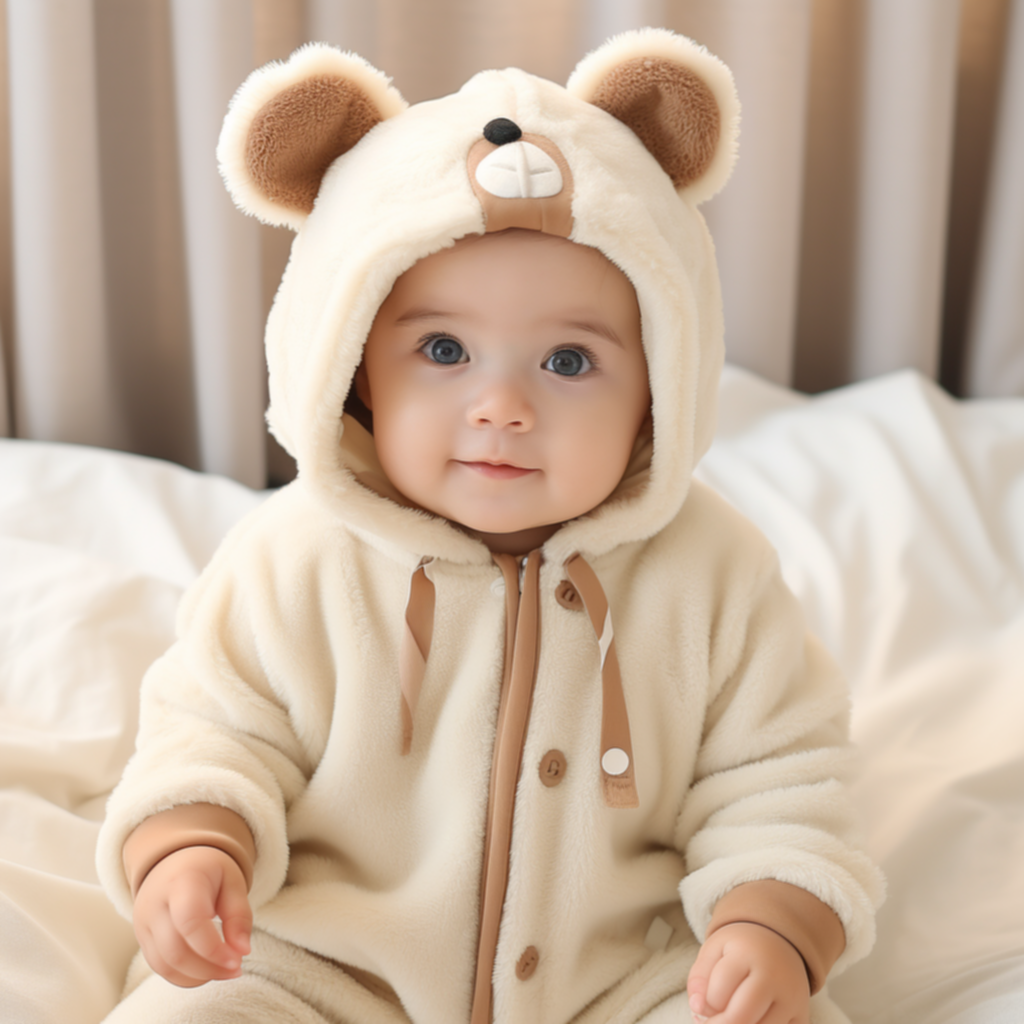
Understanding the Chinese Baby Clothes Market
Stepping into the Chinese baby clothes market, one can immediately notice its vibrancy and potential for growth. With the nation's rising income levels and the relaxation of the one-child policy, there is an ever-increasing demand for high-quality baby clothing. The market here is characterized by several key elements:
- Demand for Quality Products: Chinese consumers are becoming increasingly discerning, especially when it comes to products for their children. High-quality materials, comfortable fits, and fashionable designs are now a must in this market.
- Preference for Foreign Brands: In China, foreign baby clothes brands are often seen as superior and more trustworthy, and parents are willing to pay a premium for these products. This has led to many Chinese manufacturers adopting international standards and styles, enhancing their appeal globally.
- Growing Online Retail Market: E-commerce has taken a stronghold in China. Shopping online for baby clothes offers convenience and a wider range of choices, attracting more and more consumers. Manufacturers who are adept at navigating this digital shift stand to gain the most.
Focus on Safety: The safety of baby products is paramount in China, and there is a strong emphasis on ensuring that baby clothes are made from safe, non-toxic materials. Manufacturers often proudly highlight their safety certifications to gain consumers' trust.
Now that we've explored the broader Chinese baby clothes market let's turn our attention to the primary focus of this article – the top eight baby clothes manufacturers in China. We'll start by introducing each manufacturer, discussing their strengths, product offerings, and reputation in the market.
Top 8 Baby Clothes Manufacturers in China
In this chapter, we delve into the crème de la crème of baby clothes manufacturers in China. Each of these manufacturers has carved out a niche for themselves, distinguishing themselves through their quality, design, reputation, and commitment to their customers.
1 Sugini Factory
Sugini Factory is a top-tier clothing manufacturer with an impressive clientele worldwide. The company prides itself on its quality craftsmanship, innovative designs, and customizable clothing lines. From cute onesies to stylish baby dresses, Sugini offers a wide range of products to cater to diverse customer preferences.
2 Dongguan Umy Garment Co. Ltd
Dongguan Umy Garment has garnered international recognition for its high-quality, fashionable baby clothing. Renowned for its top-notch manufacturing capabilities, the company offers a broad array of baby clothes, including rompers, suits, dresses, and more. Their commitment to customer satisfaction sets them apart in the industry.
3 Good Baby Clothing Co. Ltd
Good Baby Clothing Co. Ltd, based in Jiangsu, specializes in eco-friendly baby clothes. Their product line features organic cotton and bamboo fabric clothing, known for their softness and comfort. With a strong focus on sustainability, Good Baby Clothing offers a unique proposition for eco-conscious buyers.
4 Hangzhou Yibei Knitting Co. Ltd
Hangzhou Yibei Knitting Co. is celebrated for its innovative, fashionable baby clothes. The company leverages cutting-edge technology and a skilled design team to create baby clothes that combine functionality and style. Their quality control system also ensures each piece of clothing meets international standards.
5 Dongguan Paleo Industrial Co. Ltd
Dongguan Paleo Industrial Co. Ltd is a manufacturer known for its high-quality baby clothes. Their specialty lies in producing clothes that are not only stylish but also comfortable and safe for babies. They have stringent quality control processes and use skin-friendly fabrics to ensure safety.
6 Jiangsu Soho International Group
Jiangsu Soho International Group is a diversified manufacturer producing a range of baby products, including clothing. They focus on quality and affordable pricing, making them a popular choice for businesses looking for a reliable supplier. Their product line is extensive, offering something for everyone.
7 Nanjing Bovoto International Trade Limited Company
Nanjing Bovoto specializes in producing high-quality, customized baby clothes. They work closely with their clients to deliver products that match their specifications and design preferences. Known for their superior craftsmanship and attention to detail, they offer a range of trendy baby clothing.
8 Shishi Lvyu Clothing Co. Ltd
Shishi Lvyu Clothing Co. Ltd rounds up our list with its reputation for producing quality baby clothes at competitive prices. They offer a diverse range of products, from essential baby wear to more fashion-forward pieces. Their commitment to quality and affordability has won them a loyal customer base.
Quality Assurance and Certifications
Choosing a manufacturer for baby clothes is not just about design and cost-effectiveness. It also heavily relies on the quality assurance processes the manufacturer employs and the certifications they hold. Let's shed some light on these aspects.
Quality assurance is a systematic approach to verifying that products meet specific standards and requirements. In the context of baby clothes manufacturing, this could include checking for loose buttons, verifying fabric quality, or ensuring that the clothes are safe for a baby's sensitive skin.
Some key aspects of quality assurance in baby clothes manufacturing include:
- Fabric Quality Check: This involves testing the fabric's strength, colorfastness, and shrinkage properties to ensure it's up to the mark.
- Garment Inspection: This encompasses checking the sewing quality, measuring the dimensions for size accuracy, and visually inspecting the garment for any defects or inconsistencies.
- Lab Testing: Certain aspects of baby clothing like pH level, formaldehyde content, and presence of harmful substances are tested in the lab to ensure they are safe for baby's use.
- Certifications play a crucial role in building trust with customers. They act as a testament to the manufacturer's commitment to maintaining high standards of quality and safety. Some key certifications to look for when choosing a baby clothes manufacturer include:
- ISO 9001: This certification indicates that the manufacturer has a quality management system in place that ensures consistent quality.
- Oeko-Tex Standard 100: This certification assures that the textile used is free from harmful substances.
- Organic 100 Content Standard (OCS): This certification ensures that the products are made from 100% organic material.
- Global Organic Textile Standard (GOTS): This internationally recognized standard guarantees the organic status of textiles from harvesting of the raw materials through environmentally and socially responsible manufacturing.
Quality assurance and certifications are only one part of choosing a manufacturer. Next, we'll discuss some essential factors to consider when selecting a manufacturer for baby clothes.
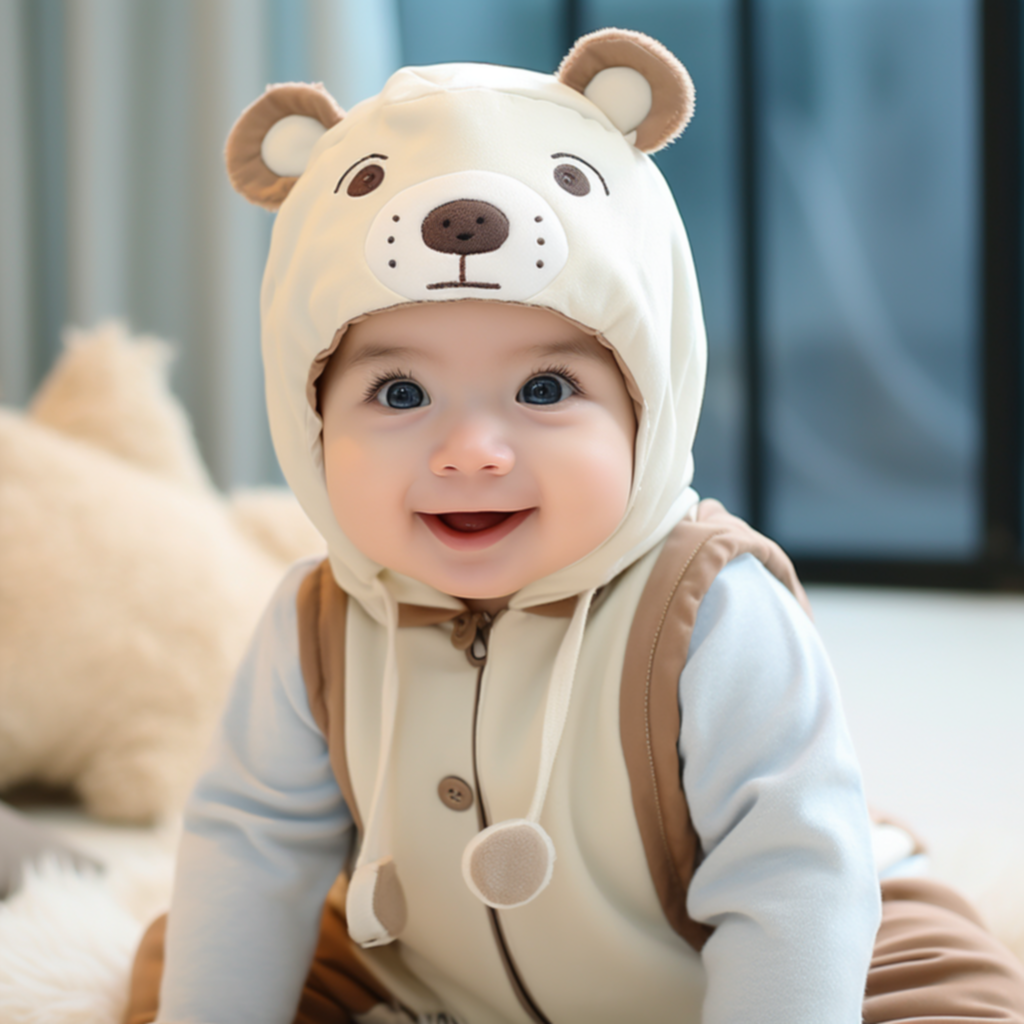
What to Look For When Selecting a Manufacturer
Choosing a baby clothes manufacturer requires careful consideration. Besides quality assurance and certifications, several other factors can influence your decision. Here are some key points to consider:
- Product Range: Assess the manufacturer's product range. They should be able to cater to your needs, whether you want to focus on basics like onesies and bibs or niche items like organic cotton clothing or designer baby wear.
- Customization: If you plan to launch your own brand, it's vital to choose a manufacturer that offers customization options. This could be in terms of designs, colors, packaging, or labels.
- Minimum Order Quantity (MOQ): Manufacturers typically set a MOQ for orders. Depending on your business size and strategy, select a manufacturer whose MOQ aligns with your requirements.
- Pricing: While pricing shouldn't be the sole deciding factor, it's undoubtedly important. The manufacturer should offer a pricing structure that allows you a decent profit margin.
- Turnaround Time: The manufacturer's production capabilities and delivery times can significantly impact your business operations. Choose a manufacturer that can meet your timeline requirements consistently.
- Communication: Effective communication is key to a successful partnership. The manufacturer should be responsive and transparent about their processes, challenges, and timelines.
References and Reviews: Check for references and reviews about the manufacturer. Positive feedback from other clients can provide reassurance about their reliability.
The Process of Importing Baby Clothes from China
Importing baby clothes from China can be a lucrative business move, given China's competitive pricing, vast manufacturing capabilities, and diverse designs. But it's crucial to understand the import process to ensure a smooth business operation. Here's a step-by-step guide:
Step 1: Identify Your Product
The first step is to determine the type of baby clothes you want to import. This could be everyday wear, festive clothes, sleepwear, etc. Be as specific as possible about your product requirements, including material, design, sizes, and colors.
Step 2: Find a Suitable Manufacturer
Based on your product requirements, identify a suitable manufacturer from our list of top 8 baby clothes manufacturers in China. You may reach out to them via their official websites or platforms like Alibaba or Made-in-China.
Step 3: Request a Sample
Before placing a bulk order, it's advisable to request a sample from the manufacturer. This will allow you to assess the product's quality and determine whether it meets your expectations.
Step 4: Place Your Order
Once you're satisfied with the sample, you can proceed to place your order. Discuss the order's specifics, including quantities, customization requirements, and delivery timelines.
Step 5: Arrange for Shipment
Most manufacturers offer shipment services. If not, you might need to engage a freight forwarder. Determine whether your shipment will be air freight (faster but more expensive) or sea freight (slower but cheaper).
Step 6: Handle Customs
You will need to handle customs clearance for your shipment. This typically involves filling out necessary paperwork and paying import duties. Engaging a customs broker can simplify this process.
Step 7: Receive and Inspect Your Shipment
Upon arrival, inspect your shipment thoroughly to ensure the products are as per your specifications and that there are no damages.
Tips for Success in Importing Baby Clothes from China
Venturing into the import business can be challenging yet rewarding. Here are some tips to help you navigate your journey of importing baby clothes from China more successfully:
- 1. Understand Your Market: Research your target market extensively. Understand what kind of baby clothes are popular, what parents prefer, and the pricing they are willing to accept. This knowledge will guide you in choosing the right products.
- 2. Establish Clear Communication: Open and consistent communication with your manufacturer is crucial. Be explicit about your expectations and specifications to prevent misunderstandings and ensure that the end product meets your requirements.
- 3. Regularly Inspect Quality: Regular quality inspections can prevent substandard products from reaching your customers. Depending on your budget and order size, consider hiring a third-party inspection service to monitor the product quality.
- 4. Maintain Legal Compliance: Each country has its regulations for imported goods. Ensure that the baby clothes you import comply with all local laws and safety standards to avoid legal issues.
- 5. Plan for Extra Costs: The total cost of importing includes more than just the product price. Plan for additional costs such as shipping fees, import duties, and inspection costs.
- 6. Create Strong Relationships: Establishing a strong relationship with your manufacturer can be advantageous. It can lead to better pricing, priority service, and a smoother problem-solving process.
- 7. Diversify Your Supplier Base: Depending solely on one manufacturer can be risky. Consider diversifying your supplier base to minimize disruption in case of any issues with one manufacturer.
With these tips in hand, you are now well-equipped to embark on your journey in the baby clothes import business.
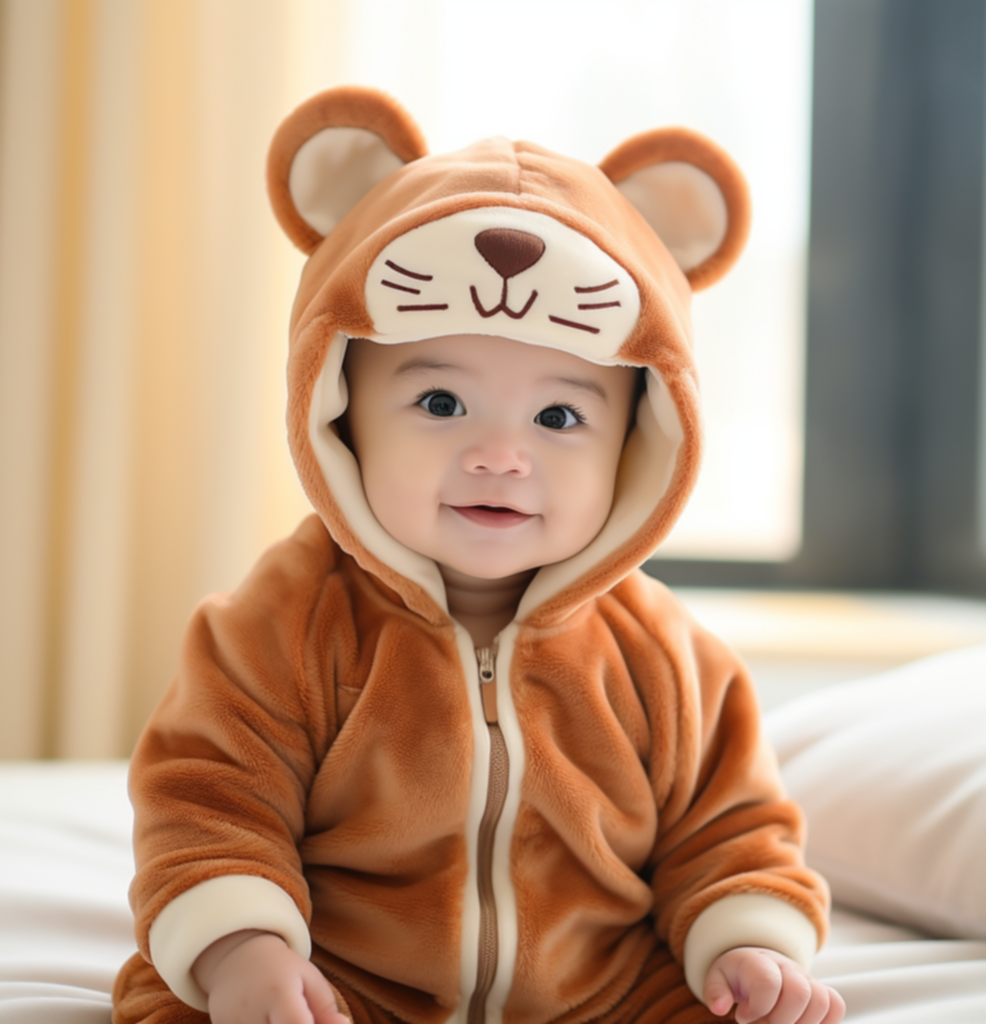
Conclusion
The baby clothes industry in China offers a plethora of options for entrepreneurs looking to venture into this business. The journey can be both challenging and rewarding. By selecting the right manufacturer, understanding the importing process, adhering to quality standards, and having a deep understanding of your market, you can position your business for success.
Whether you are just starting or looking to expand your current operations, this guide offers a wealth of information to help you navigate the landscape of baby clothes manufacturing in China. From identifying top manufacturers to understanding the ins and outs of quality assurance and import processes, you now have the essential information to take the next steps confidently. The future of your baby clothes business looks promising!
Frequently Asked Questions (FAQs)
Q1: Why choose Chinese manufacturers for baby clothes production?
A: China offers competitive pricing, vast manufacturing capabilities, and diverse designs. Its manufacturers are also experienced in dealing with international businesses and are often equipped to handle large orders efficiently.
Q2: How do I ensure the quality of baby clothes produced in China?
A: Quality can be ensured through regular inspections, requesting samples before bulk orders, and verifying the manufacturer's quality assurance processes. Also, look for manufacturers that hold recognized quality and safety certifications like ISO 9001, Oeko-Tex Standard 100, and GOTS.
Q3: What is the process of importing baby clothes from China?
A: The import process includes identifying your product, finding a suitable manufacturer, requesting a sample, placing your order, arranging for shipment, handling customs, and receiving and inspecting your shipment.
Q4: What should I look for when selecting a baby clothes manufacturer in China?
A: Factors to consider include the manufacturer's product range, customization options, minimum order quantity, pricing, turnaround time, communication effectiveness, and reputation (reviews and references).
Q5: What are some tips for successfully importing baby clothes from China?
A: Tips include understanding your market, establishing clear communication with the manufacturer, regularly inspecting product quality, maintaining legal compliance, planning for extra costs, creating strong relationships with manufacturers, and diversifying your supplier base.
Q6: Are there legal considerations when importing baby clothes from China?
A: Yes, each country has its import regulations and safety standards. It's crucial to ensure that the baby clothes you import comply with all local laws to avoid potential legal issues.
Q7: How can I handle communication with Chinese manufacturers given the language barrier?
A: Most Chinese manufacturers dealing with international clients have English-speaking staff. However, clear and simple communication is recommended to avoid misunderstandings. In some cases, you might consider hiring a translator or sourcing agent.
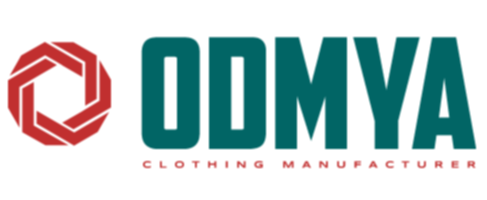




-500x500.jpg)
-500x500.jpg)
-500x500.jpg)
-500x500.jpg)
-500x500.jpg)